Our Hair At Home
Before the coronavirus, hair appointments were a biweekly occurrence for them. Two high schoolers share how they are loving and caring for their hair at home.
Black hair has always been a topic in conversation prior to the events that have come before us. We’ve tackled company manipulation, discrimination, appropriation, and even appreciation. Haircare companies like Shea Moisture, Cantu, and Deva Curl have been under a microscope as women have discovered changes in the ingredient formulas and marketing. From silicones that clog the hair follicle and stunt hair growth to alcohols that absorb the hair’s moisture. However, this battle hasn’t found a resolution.
While people across the U.S. are practicing social distancing and participating in self-quarantine right now, there’s also a small movement among black women. In the time of closed beauty salons and beauty supply stores due to the coronavirus, many of us have had to learn how to care for our hair at home. Influencers from Chizi Duru, Dayela Soul, Jaelin Mitchell, and Kimberly Cherrell have advocated for hair experimentation during this time and even produced content to suggest quarantine hairstyles. While in quarantine, my hair has been tucked away in twists to limit manipulation, retain my length, and to preserve moisture as a means of protecting my hair from stripping cotton pillows. The twists last about a week before the frizz becomes unbearable and a wash is needed. But the twists allow me to pin my hair and not worry about the “bonnet” look when I join a zoom call.
I’ve seen my wash and go combos flake because products don’t mix well. Frustrated and exhausted from using a gel and cream to perfect each curl, I’ve had to troubleshoot a hair disaster into a miracle. In this time, troubleshooting five minutes before a video chat can make or break a virtual interview.
There’s a distinct line between professional hair and professional black hair. The standard of having “tamed” or “managed” hair becomes one that extends into our homes. We spend hours trying to prep our hair to look sleek or presentable. For us, curls can’t be settled by a ponytail holder or one hair clip. It takes prepping, washing, molding, sleeping, and drying just for a virtual meeting that may last only a fraction of the day. Many black girls and women, including the two of us, lounge with braids, retain length with twists, protect new growth with crochets, or even wrap a bun during these unprecedented times — just to wake up and see that bonnet or scarf couldn’t stay on through the night.
The concept of “professional” or “acceptable” hairstyles in the workplace or in schools isn’t new for black people in America. Andrew Johnson, a high school wrestler, was forced to cut his dreadlocks or forfeit his match. A six-year boy was turned away from his private Christian Academy in Florida because his locks extended below his ears. And an eleven-year-old Louisiana girl was sent home from school because of her braided hair extensions. These instances of hair discrimination extend far beyond the workplace and into the schools of our younger generations. We are discriminated against because of our natural curls and kinks and encouraged or even forced to have chemically-treated straight hair or sleek ponytail hairstyles.
During quarantine, I’ve also turned to braids. Braids usually involve an hour and a half wash process, thirty to forty-five minutes designated to deep conditioning, and two hours of sitting in between the legs of my mom as she pulls to get all my hair. The best part of the process is that the style is protective and lasts for about two weeks.
When I’m not in the midst of a pandemic, I typically go to the hair salon. In the black community, hair salons not only provide women the ability to get reliable hairstyles, but also a sense of confidence and beauty. We often go to biweekly appointments at the salon knowing we will walk out with a hairstyle that we can keep for the next week. And with the closing of nonessential businesses, my go-to hair salon style is not an option. These businesses may not be essential to some, but they are vital to our communities.
It goes beyond an aesthetic, it’s a lifestyle. A lifestyle that reiterates that our hair is unique and dynamic, no matter how frustrating the journey may seem. How will we style and maintain our hair for these weeks at home without the touches of our coveted stylists? Some may leave their hair to go through its own thing during these times. Beautiful. Untamed. Unpredictable.
As we let our curls and kinks take their natural form, we are able to discover a love and fondness for our hair. Many women during this time are learning how to be comfortable in their most natural form — at home. I’m learning to love myself more in my own skin and develop comfort in my hair; its color, shape, curl, and even disregard for my time. And in those times when I simply don’t feel comfortable with my appearance for a Zoom or Google Meets meeting, the no camera feature is a go-to. Even sometimes, an email to reschedule presents itself as an option. While hair salons are closed, we have an opportunity to experience our hair: healthy, free, and powerful. This black girl quarantine movement is giving us the ability to create new-found love for our hair; embracing our natural curls and kinks, finding new hairstyles, and occasionally binge-watching hair care videos on YouTube. This movement has allowed us to take control of our distorted narrative and make each strand that much more alive.
Donations are collected through The Publishers, duPont Manual High School's booster club for J&C. On The Record relies completely on sponsorships, advertisements, and donations to produce and distribute each issue. Please consider donating to our cause, and helping the student journalists of OTR amplify youth voices for years to come.


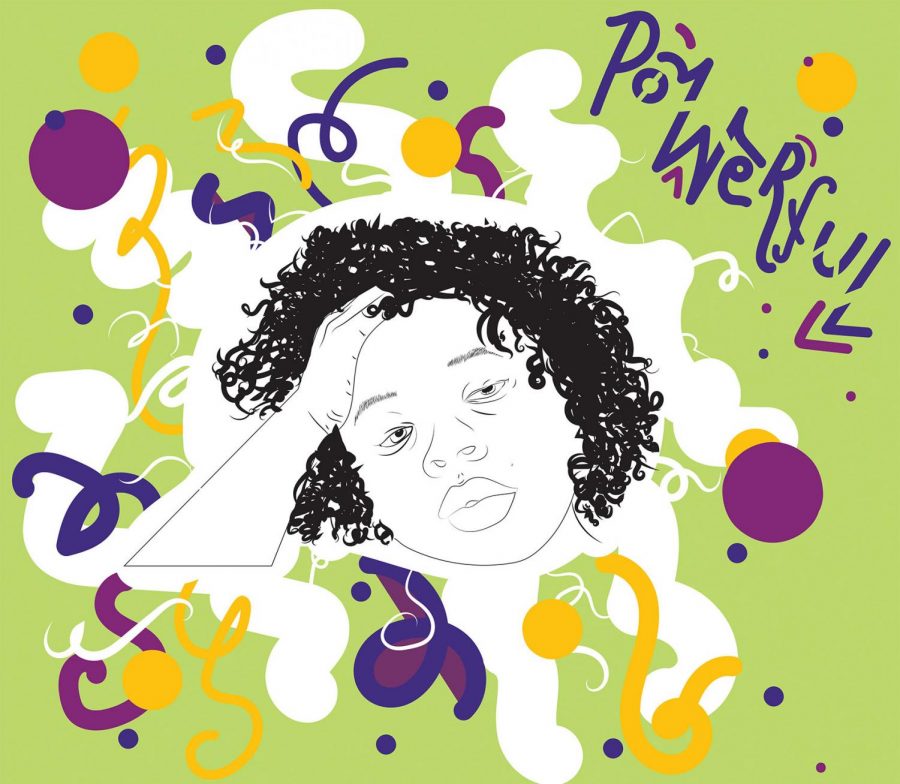
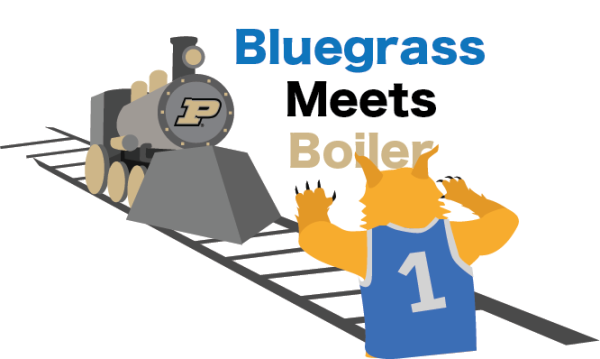
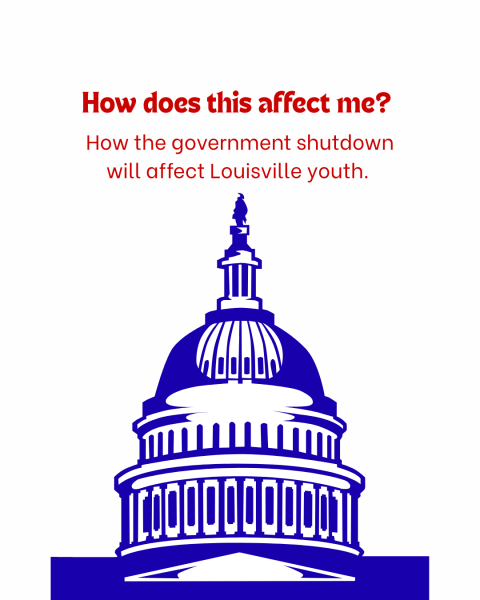
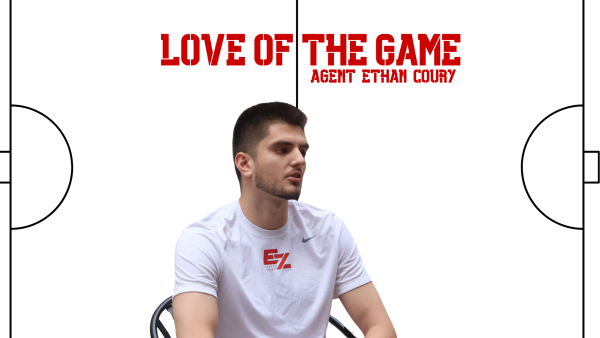
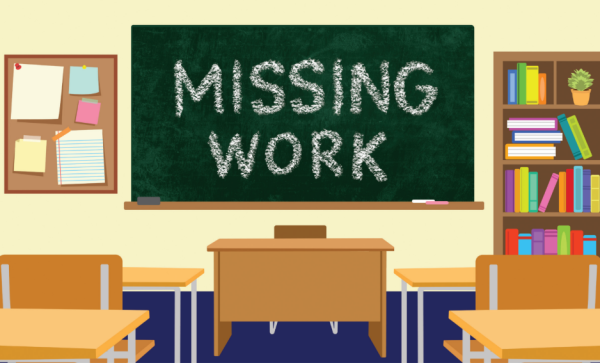
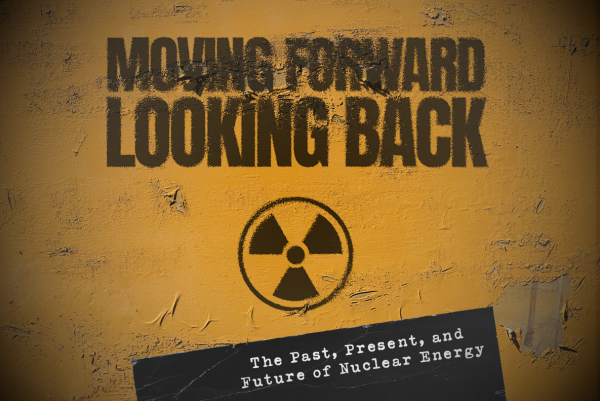

Alesia Williams • May 17, 2020 at 10:53 pm
I am thrilled you shared your experience with us. There, of course, have been many jokes about the need for all of us to get our hair done; yet, this story adds a much needed African-American perspective. We can all use a deeper understanding of everyone’s experiences during this new “ab”normal. If we are going to get through this together, we need to feel connected to each other. This article is one of the ways connections happen.
Amanda Pepper • May 16, 2020 at 11:09 pm
Jessica Carney-perks I’m so proud of the young woman I was able to watch grow! Keep shining!!
Hope perks • May 16, 2020 at 5:42 pm
I love this article. I have been struggling keeping my hair in knotless box braids which is time consuming and due to dry and itchy scalp doesn’t last as long for me and many others. I am trying to love the natural but like yiys mentioned in some situations its not “neat” or “professional. Thanks for the great read ladies